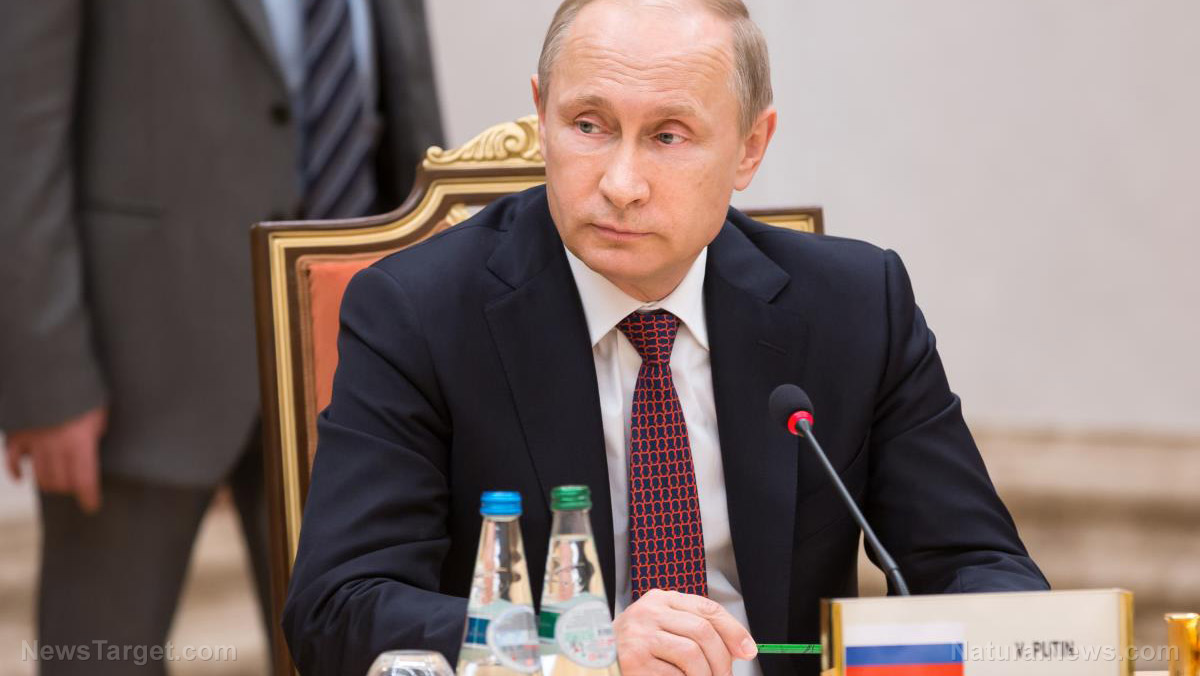Rising tensions: Ukraine’s strikes on Russian air bases fuel nuclear threat and global concerns
- Ukraine’s coordinated drone attacks on Russian air bases, planned for over a year, caused significant damage, including up to €6 billion ($6.8 billion) in destruction and the loss of at least 40 warplanes, including strategic bombers. These strikes targeted deep within Russian territory, including Arctic and Siberian locations.
- The attacks have raised alarms among U.S. officials, including former Secretary of State Mike Pompeo, who warned that they could provoke an “extreme” response from Russian President Vladimir Putin, potentially leading to nuclear escalation.
- The strikes have heightened fears of a confrontation between Russia and NATO, with concerns that Putin might resort to nuclear weapons. The U.K.’s Express and Russian media have reported on the increased threat, with Russian military bloggers discussing a potential “extreme reaction.”
- Despite the heightened tensions, diplomatic efforts continue, though the Minsk negotiations have yet to produce a lasting peace agreement. Pompeo emphasized the need for NATO unity and a strong, unified approach to support Ukraine and pressure Russia.
- Pompeo and others stress the importance of demonstrating readiness to use force to deter Putin while urging caution to avoid actions that could escalate the conflict. The U.S. military establishment warns against Ukraine attacking Russia’s strategic nuclear forces, emphasizing the potential for catastrophic consequences.
Ukraine’s audacious drone strikes on Russian air bases have ignited a firestorm of concern and speculation about the potential for nuclear escalation. The attacks, which occurred in the days leading up to another round of peace talks, have raised alarms among U.S. officials, including former Secretary of State Mike Pompeo, who warned that such actions could provoke an “extreme” response from Russian President Vladimir Putin.
The strikes, estimated to have caused up to €6 billion ($6.8 billion) in damage and destroyed at least 40 warplanes, including strategic bombers, have heightened fears of a confrontation between Russia and NATO. (Related: Ukraine’s historic drone strikes on Russian nuclear airbases signal a new phase in the war, risking nuclear escalation.)
The coordinated drone attacks, which Ukrainian officials reportedly planned for over a year, targeted air bases deep within Russian territory, including locations in the Arctic and Siberia. The strikes, described by some pro-Kremlin commentators as Russia’s “Pearl Harbor,” have left the country reeling.
Speaking at the second international Black Sea Security Forum in Odessa, Pompeo emphasized the need for a strong response to Putin’s aggression. He expressed regret that more had not been done in 2014 and 2022 to deter Putin and stressed the importance of unity among NATO member states.
“Putin understands only the language of force,” Pompeo stated. “We must demonstrate our readiness to use force to force him to the negotiating table.”
Pompeo also warned of the ever-present danger of nuclear escalation.
“I am glad that Putin has not used his nuclear arsenal so far, but this risk is always there,” he said. “He is willing to change his behavior only when he sees that the opponent is ready to strike back and take risks.”
This sentiment was echoed by Keith Kellogg, U.S. President Donald Trump’s envoy for Ukraine and Russia, who told Fox News that “the risk levels are going way up” due to the attacks on Russia’s nuclear triad.
The nuclear threat and the role of diplomacy
The U.S. military establishment is also worried about the consequences of the attacks. Dan Caldwell, a former senior aide to Defense Secretary Pete Hegseth, cautioned that “it is not in America’s interest for Ukraine to be attacking Russia’s strategic nuclear forces the day before another round of peace talks.”
He emphasized the potential for escalation and urged the U.S. to distance itself from the attacks and cease any support that could enable them.
The international community is closely monitoring the situation, with the U.K.’s Daily Express reporting on the increased threat of Putin resorting to nuclear weapons. Russian media and military bloggers are abuzz with discussions about a potential “extreme response” to the attacks, further fueling concerns of a broader conflict.
The specter of nuclear conflict has loomed over the conflict since its inception, with Putin’s repeated threats to use nuclear weapons casting a long shadow over diplomatic efforts. The Cuban Missile Crisis of 1962 serves as a stark reminder of how close the world has come to nuclear war in the past. The current situation, while different in many respects, shares the same underlying tension and the potential for catastrophic consequences.
Despite the heightened tensions, diplomatic efforts continue. The Minsk negotiations, which Pompeo was involved in, have yet to yield a lasting peace agreement. The lack of “levers of influence” in these talks, as Pompeo noted, underscores the challenges of finding a peaceful resolution to the conflict.
In conclusion, the recent drone strikes on Russian air bases have brought the world to a perilous juncture. The threat of nuclear escalation is real, and the need for diplomatic solutions is more urgent than ever.
Watch this video that talks about Russia threatening EU with nuclear attack if provoked.
This video is from the TruNews channel on Brighteon.com.
More related stories:
Putin warns of nuclear retaliation as UK escalates sanctions, but Russia remains unfazed by Western pressure.
Trump reveals Putin warned of imminent retaliation against Ukraine in 75-minute call.
Putin warns of potential nuclear escalation amid Ukraine conflict, accuses West of provocation.
Sources include:
RMX.news
Odesa.Novyny.live
Express.co.uk
Brighteon.com
Read full article here


